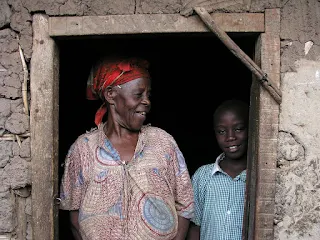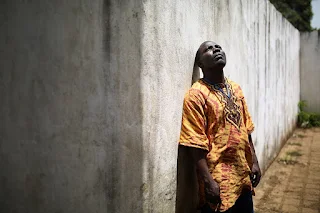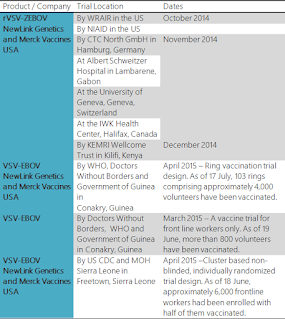What About the Ebola Vaccine
The Ebola-vaccine was developed by the Public Health Agency of Canada, licensed to NewLink Genetics, who in turn licensed it to Merck and Co Inc.
The Ebola-vaccine works by replacing a gene from a harmless virus known as vesicular stomatitis virus with a gene encoding an Ebola virus surface protein. The Ebola-vaccine does not contain the live Ebola virus.
The trial Ebola-vaccine was named Ebola ça Suffit, French for Ebola that's enough. The early trials of the VSV-EBOV NewLink Genetics and Merck Vaccines USA in Conakry, Guinea are 100% effective states researchers.
More than 11,500 people have died from Ebola since the epidemic began in Guinea in December 2013. An Ebola-vaccine developed in record time has proved highly effective against the deadly virus in a large trial in Guinea and could now be used to help end a vast outbreak in West Africa, researchers said on Friday July 31, 2015.
The first person to receive the trial Ebola-vaccine in Guinea was Mohamed Soumah, aged 27. He tells The World Health Organization (WHO): "It wasn't easy. People in the village said that the injection was to kill me. I was afraid. I was the first one to be injected, the very first, here in my village on March 23, 2015. I've been monitored for 3 months and I've had no problems. The last follow-up, 84 days after the Ebola-vaccination, was all clear."
"The estimated Ebola-vaccine efficacy was 100 percent," a team of researchers say.The vaccine is administered via a shot to the upper arm. The researchers who ran the trial say their results suggest a single injection is highly effective, and that protection against Ebola can be established quickly. They're also still analyzing possible adverse reactions to the drug.
The trial was called Ebola ça Suffit, French for "Ebola that's enough." Funded by the World Health Organization and other groups, it started in April and ended on July 20, relying on participants who consented to be part of the trial. The more than 20 researchers who took part published their findings in The Lancet medical journal on Friday July 31, 2104. Deploying the Ebola-vaccine will take ingenious planning since the Ebola-vaccine must be kept at sub-zero temperatures from minus 76 to minus 112 degrees Fahrenheit.
Ebola-Facts
· Ebola got its name from the Ebola River in then Zaire, now the Democratic Republic of the Congo. The Ebola River is a branch of the Congo River which is the world’s deepest river.
· Ebola first appeared in June and July in 1976 in simultaneous outbreaks in Nzara, South Sudan, and Yambuku, Democratic Republic of the Congo located in Central Africa
· Fruit bats aka Flying Foxes are considered to be the original host of the Ebola virus
· The time from infection with the virus to onset of symptoms is 2 to 21 days.
· Ebola is introduced into the human population through close contact with the blood, secretions, organs or other bodily fluids of infected animals. Ebola then spreads through human to human transmission through direct contact with the blood, secretions, organs or other bodily fluids of infected persons and with surfaces and materials such as bedding and clothing contaminated with these fluids.
Ebola-Vaccine
The rVSV-ZEBOV and VSV-EBOV Ebola vaccine trial dates and location for NewLink Genetics and Merck Vaccines USA companies.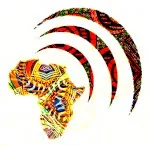
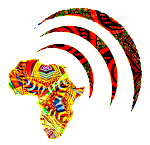 Since 2007
Since 2007
